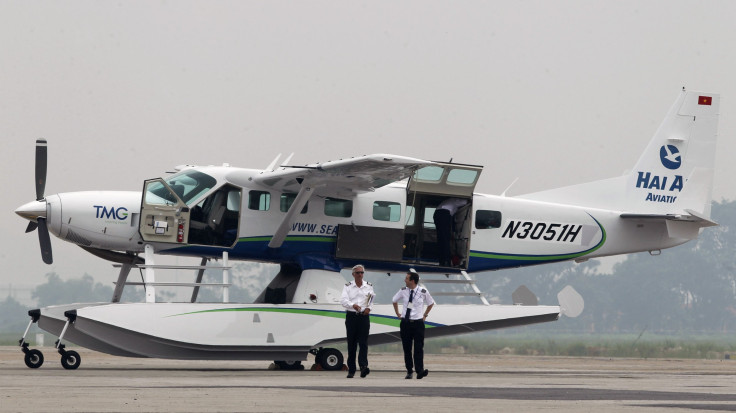US Marshals Tracking Cell Phones With Fake ‘Tower’ Broadcasts From Small Airplanes

The U.S. government is tracking the location of criminals and a number of regular citizens with a secret program that tracks cell phones, according to a Wall Street Journal report. The Justice Department uses small aircraft that contain a device that tricks phones into sending identifying data.
The U.S. Marshals Service has used Cessna aircraft out of five major airports around the country in an operation that intercepts phone signals by impersonating a cell phone tower. Officials told the newspaper that the program was legal, and has operated since 2007, ensnaring innocent people as well as fugitives -- whose capture is the marshals’ primary objective -- according to the Journal report Thursday evening.
The range of the aircraft covers most of the U.S. population using 2-foot-square devices that law enforcement calls “dirtboxes,” referring to the initials of their manufacturer, Digital Recovery Technology Inc. The devices can intercept data from tens of thousands of phones in a single flight, which the marshals conduct “on a regular basis,” according to the report.
Since phones are programmed to connect to the strongest signals that they detect, they automatically link up to the U.S. Marshals Service’s “dirtboxes.” The devices are not thwarted by the encryption methods used for privacy protection on some phones, according to unnamed “people familiar with the operations” quoted in the report.
The operations are similar to the National Security Agency’s secret program to collect the phone records of millions of Americans, which was revealed last year by former intelligence analyst Edward Snowden. The government has argued that such data collection methods are a safe and noninvasive way to find terrorists and criminals, with data on innocent people filtered out or ignored, but privacy advocates argue they infringe on constitutional rights.
© Copyright IBTimes 2025. All rights reserved.




















